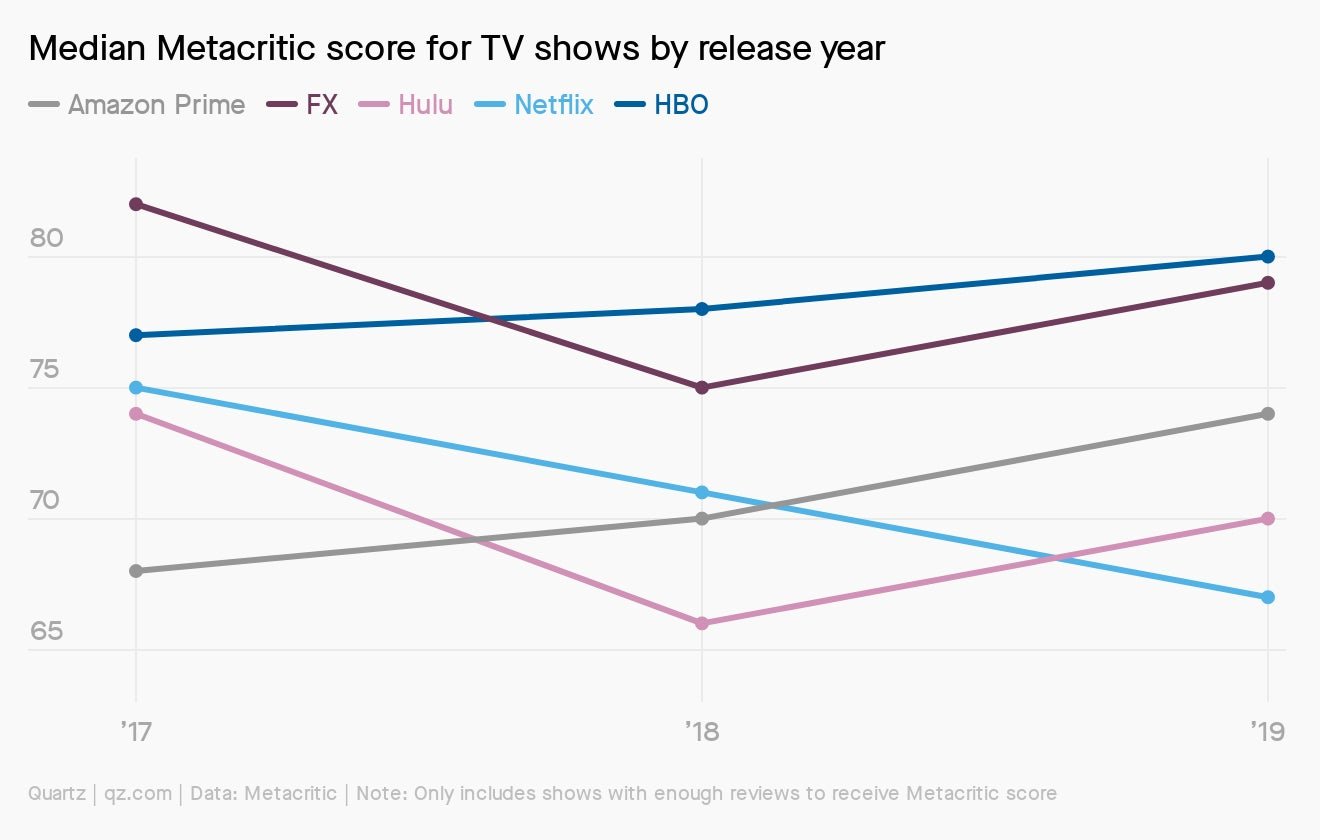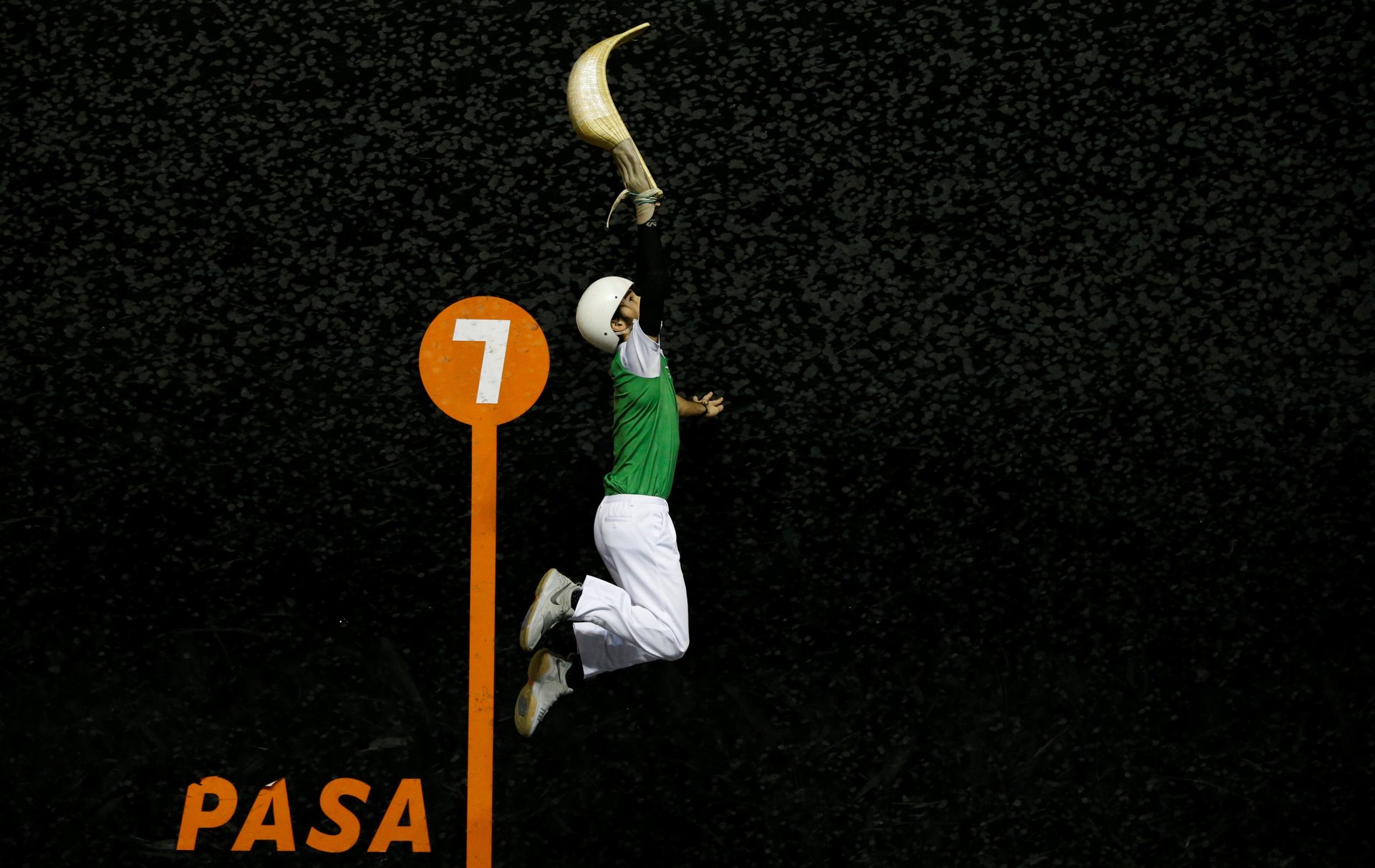Trump punishes China, Minneapolis burns, robotic earthworms
Good morning, Quartz readers!

Good morning, Quartz readers!
Here’s what you need to know
Donald Trump holds a press conference on China. The US president could be set to punish Beijing, perhaps by nixing the US-China trade deal, or announce a shift in US-Hong Kong relations after Beijing moved forward on plans to implement a national security law in Hong Kong. European foreign ministers are also set to discuss Hong Kong’s status today.
Minneapolis is on fire over police brutality. On a third night of anger over the death of a black man pinned down by an officer kneeling on his neck, protesters set fires to multiple buildings, including to the police station where the cop was based, prompting the state governor to call out the National Guard. Protests have also spread to other cities in America.
India will report a sharp slowdown for the first quarter. The economy was already headed for lackluster growth—then the coronavirus lockdowns started in March.
Trump’s latest executive order targeted social media companies. Days after Twitter tagged two of his tweets with fact-check warning labels, the president signed an order that takes aim at a law protecting social media firms from legal liability for the content on their platforms. Facebook’s Mark Zuckerberg sought to distance his platform’s content policies from Twitter’s.
Boeing sends around pink slips. Some 6,770 employees will receive notice by today that they have been let go, as the aerospace giant reels from both the 737 Max grounding, and the shutdown of airline travel. The company plans to reduce its workforce by 10% in all.
English soccer is back. Mark your calendars for a Premier League kickoff on June 17. Meanwhile, Hungary is departing from other countries in allowing fans in stadiums from today, but with strict distancing rules.
For members: Quality control at Netflix
Netflix has a bad reputation for quantity over quality. So, Quartz decided to look at data from review aggregation site Metacritic to see whether that reputation was accurate and how its competitors fare in comparison.
The data show that the critical reception of Netflix shows has declined sharply since 2017. But that’s not true for its competitors. Amazon’s median score, for instance, improved from 68 in 2017 to 74 last year while HBO’s increased from an already robust 77 in 2017 to 80 in 2019.

✦ Netflix is winning the streaming war. But an even bigger struggle over global entertainment is just beginning. Get access to this field guide and a lot more when you become a Quartz member. (Try a seven-day free trial.) ✦
We asked: Is coronavirus accelerating automation?
Call it a freaky Friday because today Quartz is the one asking questions. Special projects editor Alexandra Ossola spoke with PW Singer, a security expert and one of the authors of the new book Burn-In, a techno-thriller that leans heavily on reality. Singer sees signs that the pandemic is hastening some of the global changes they uncovered in their research, including greater automation and the deep privacy concerns that come with it (✦).
These are selected excerpts from the full QZ&A.
QZ: How are mass surveillance and AI going past what sci-fi imagined?
Singer: We have fields like telemedicine that in a matter of weeks jumped ahead to where we thought we would be in 10 years. Robotics are being deployed into roles like policing curfews, to cleaning subways and hospitals, to delivering groceries.
QZ: So how do we slow job losses from automation?
Singer: There will be areas where we decide that automation shouldn’t go, or has gone too far. We should talk and decide those rather than allowing tech companies to beta test on society. In short, we have to stop thinking of this all as science fiction and instead begin to understand the real-world applications and dilemmas of AI that we’re going to face.
We’re obsessed with jai alai

The sport that could have been. There was a time when “the world’s fastest sport” seemed to be on the cusp of breaking out around the world. Jai alai (pronounced “high-lie”) exploded out of the Basque region of Spain and France in the 20th century, but international interest has since waned with talent concentrating into just a few fiercely competitive leagues. Relive the glory days with the Quartz Weekly Obsession.
Surprising discoveries
Martin Scorsese made a lockdown short. The BBC video details how he quickly went from the relief of getting a break to the anxiety of isolation.
Switzerland’s next phase of reopening includes sex work—but not sports. The country’s health minister recognized the decision might seem “bizarre.”
You can buy an entire Swedish village for $7.2 million… The rural oasis built around a natural underground spring contains 70 buildings on 62 acres.
…or a piece of Grimes’s soul. The concept art is part of the singer’s debut art exhibition; the price is set at “best offer.”
The US military is building robotic tunneling earthworms. They’re designed to dig underground routes for resupplying combat troops.
Our best wishes for a productive day. Please send any news, comments, well-priced Nordic villages, and pieces of pop stars’ souls to [email protected]. Get the most out of Quartz by downloading our app on iOS or Android and becoming a member. Today’s Daily Brief was written by Tripti Lahiri and edited by Isabella Steger.